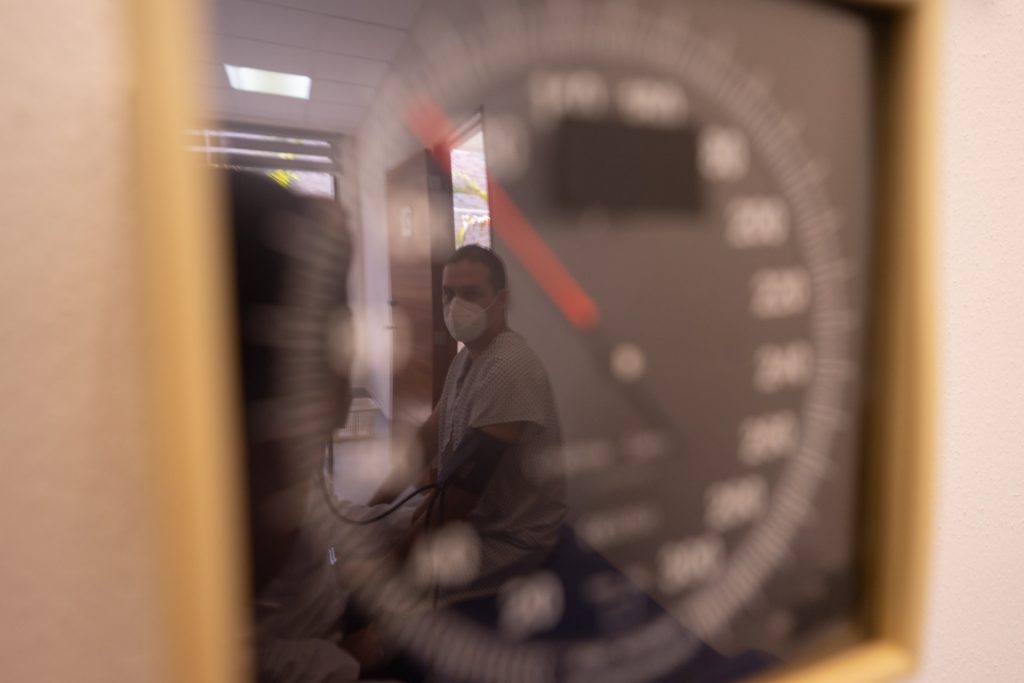Few conditions are as frightening as those involving the heart. That’s why it is so important for patients to know more about the issues that may affect them now and, in the future, especially for those with a family history of heart problems. Atrial fibrillation, or AFib, is a common type of heartbeat irregularity. What is Afib? While it’s not always life-threatening, it must be monitored carefully. Here, patients will learn about the most well-known signs of AFib.
Generalized Fatigue
One of the earliest signs of a heart condition is fatigue. However, because it’s also indicative of other issues, such as stress, illness, or insomnia, a person suffering from fatigue may not immediately assume that it’s because of AFib. If a person has been dealing with significant, persistent fatigue, even though they get plenty of sleep, they should consult a doctor and ask about the possibility of atrial fibrillation.
Irregular Heartbeat
Most people have felt their hearts skip a beat or two and, in most cases, the feeling subsides quickly. For someone struggling with atrial fibrillation, though, the struggle goes on every day. A fluttering or quivering heartbeat is a common sign of AFib. It occurs when electrical impulses in the heart’s upper chambers fire abnormally, causing them to move unnaturally.
Rapid Heartbeat
Numerous things can cause a person’s heart to beat faster, such as excessive caffeine consumption and vigorous exercise. The heart should slow down, though, especially when one is at rest. If a person struggles with a rapid heartbeat and can’t explain why, they should consult their doctor about AFib.
Dizzy Feelings
Those with heart problems often feel dizzy. It might be because of low or high blood pressure, but it may be due to other issues such as nausea, overexertion, and dehydration. If these feelings don’t subside, call a doctor right away. It may indicate that atrial fibrillation is affecting blood flow to the brain, which creates feelings of dizziness and light-headedness.
Shortness of Breath
Like most of the other symptoms on the list, shortness of breath is often associated with other conditions. However, it may emerge if someone is engaged in normal, non-athletic activities. It becomes a problem if a person isn’t involved in any sort of activity, and they don’t have other breathing conditions. Shortness of breath with no cause may be a sign of AFib, and the patient should contact a physician.
Chest Pain
It is important to note that chest pressure and pain, whether it’s due to atrial fibrillation or not, is a medical emergency. If someone is experiencing these symptoms, they should seek immediate medical care or call 911.
Abdominal Pain
While it’s not common for teens to suffer from AFib, it does occur. A single atrial fibrillation event can be triggered by alcohol consumption, drug use, or exercise. Teens often describe sensations of their hearts beating quickly, along with abdominal pain.
Get Treated for AFib
These are some of the most common symptoms of atrial fibrillation or AFib. All these signs are also indicative of other conditions, which means it’s important not to ignore them. If a patient is experiencing one or more of these symptoms, they should seek treatment from a qualified physician.


